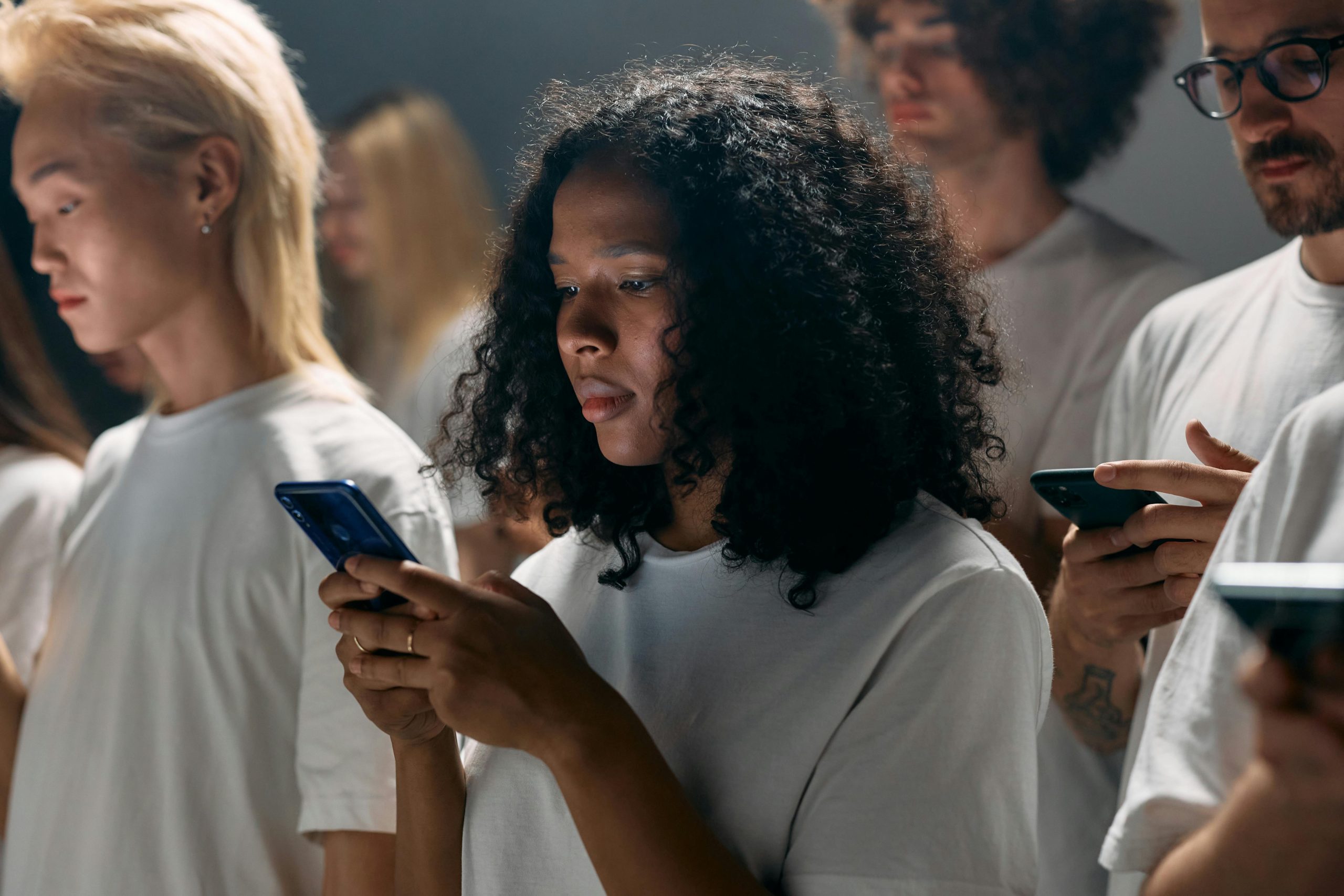Seeking Guidance on a Disturbing Case of Portfolio Plagiarism
Hello, fellow creators and professionals. I find myself in a troubling situation that I believe many in our community could relate to. Recently, I discovered that someone has not only copied my front-end portfolio website but has also taken one of my significant projects, claimed it as their own, and is now showcasing it under their name. Naturally, this has raised questions for me about what I should do next.
As I grapple with this situation, I’m considering whether I should explore legal avenues or simply accept that sharing my work publicly comes with inherent risks and potential consequences.
For those interested in investigating this matter further, here are the relevant links:
- Their portfolio: View Here
- My original portfolio: Check it Out
- Source code on GitHub: (Link removed as per community feedback)
In addition, this individual has also appropriated my main project—an application built with Next.js—altered the author details in the commit history, and featured it in their project section, as you can see in this image:  . You can find the original code for my application here.
. You can find the original code for my application here.
I previously shared both my application and portfolio on Reddit, so some may already be familiar with my work.
I have taken community feedback to heart. As a result, I’ve removed the public link to my portfolio’s code and added a license to protect my future projects.
I would greatly appreciate any insights or advice on how to deal with this unfortunate scenario. What steps can I take to protect my work and restore my rightful credit? Thank you in advance for your support and guidance.


2 responses to “What steps can I take if someone has copied my front-end portfolio and major project, branded it as their own, and is showcasing it publicly?”
It’s disheartening to find that your creative work has been copied and misrepresented by someone else. While it’s true that making your work public can carry risks, there are several proactive steps you can take to address this situation. Here’s a comprehensive approach you can consider:
1. Document Everything
2. Understand Copyright Laws
3. Reach Out Directly
4. File a DMCA Takedown Notice
5. Leverage Social Media and Online Communities
6. Consult with a Legal Professional
7. Protect Yourself in the Future
Conclusion
Dealing with infringement is never easy, and it can feel overwhelming, but knowing your rights and the steps available to protect your work can help you navigate the situation more effectively. While it’s natural to feel discouraged, remember to advocate for yourself and your work. Good luck, and feel free to reach out if you have further questions or need support on this journey!
Hello Matt,
I’m sorry to hear about the distressing situation you’re facing—unfortunately, plagiarism is a reality many creators encounter. Here are several steps you might consider taking to address this issue:
1. **Document Everything**: Make sure to keep detailed records of your original work with timestamps. This includes screenshots, links, and the GitHub commit history. Documentation will be crucial if you decide to take further action.
2. **Reach Out Directly**: If you feel comfortable, you might try contacting the individual who copied your work. Sometimes a straightforward conversation can lead to a resolution—perhaps they didn’t understand the implications of their actions.
3. **Report the Theft**: If the direct approach doesn’t yield results, consider reporting the plagiarism to the hosting platforms (like Netlify for their portfolio and GitHub for the code). Most platforms have policies against copyright infringement and may take down the offending content if you provide sufficient proof.
4. **Legal Action**: While it’s a more drastic step and can be costly, consulting with a lawyer who specializes in copyright or intellectual property law could be beneficial. They can guide you on potential legal recourse to reclaim your work formally.
5. **Raise Awareness in the Community**: Share your experience on forums or social media platforms where other developers gather. This not only raises awareness about your specific situation but can also help others learn from your experience and take precautions against similar incidents.
6. **Protect Your Future Works**: As you